"Grant Pick had been writing for the Reader for about a quarter of a century when, at the age of 57, he died of a heart attack walking home from lunch. That was three years ago last week," writes Michael Miner in the Reader. "In many ways, Grant was the writer who best defined this paper. As he liked telling journalism students who read his pieces and asked where the news pegs were, 'There is no news peg. The people are the news.'" That anecdote is the basis for the title of a collection of his work organized by his son John Pick, The People Are The News: Grant Pick's Chicago Stories. The book "makes a great crash course in Chicago's subcultures and recent history, and its residents' heritage of tenacity," Time Out Chicago says.
The Times columnist says that given all of the newspaper industry's woes, last week's Chicago Reader and Washington City Paper newsroom layoffs might not seem significant. But Carr, who was editor of the City Paper in the 1990s, thinks the cuts illustrate the larger issue of an industry-wide abandonment of investigative journalism. Creative Loafing CEO Ben Eason says that's not the case. "We are not trying to make any other statement here other than it is a competitive world out there and we are doing what we can to make sure we are putting out an excellent paper in the communities we serve," he tells the Times.
John Conroy, Harold Henderson, Tori Marlan and Steve Bogira were laid off this week by editor Alison True, Michael Miner writes on his News Bites blog. True tells the Chicago Tribune that, given the mandate to cut costs by her new bosses at Creative Loafing in August, it became difficult to afford their work. "The numbers are part of a deal that was structured a long time ago," she says. "Even if [CEO Ben Eason] were the most passionate journalist in the world, he wouldn't have the option of saying, 'I'll give you a little extra this year so this doesn't have to happen.' He's bound to his deal." Meanwhile, Fishbowl DC is reporting that five editorial staffers were laid off at the Reader's sister paper today: Washington City Paper writers Joe Eaton, Amanda S. Miller, Tim Carman and Jessica Gould, and editorial assistant Joe Dempsey, are all no longer with the paper.
"The Reader is officially a one-section tabloid -- but that's not the only change," Chicagoist reports. "It's also coming out a day earlier ... and the layout is a lot more open and colorful, with more call-out text and larger graphic elements." Chicagoist's final verdict: "It's a change, but we're liking it." The Reader also has an open comments page on its site, where scores of Chicagoans have been weighing in on the redesign.
Executive editor Mike Lenehan (pictured) left Chicago Reader, Inc. on Aug. 30, and as a result he has stepped down from his position as Diversity Chair on the AAN Board of Directors. AAN president Stephen Leon appointed Jackson Free Press editor and current at-large board member Donna Ladd to serve the one year remaining in Lenehan's term as Diversity Chair, and appointed East Bay Express publisher Jody Colley to take Ladd's at-large seat for the one year remaining in her term. "I think I speak for everyone on the board in expressing our gratitude for Mike's service over the years," Leon says. "We're going to miss his dry wit, and also his common sense." Lenehan has served on the board since 2002 and was elected as the association's first Diversity Chair in 2004.
CEO Ben Eason recently told the paper's distribution drivers that they would be terminated as salaried employees and made independent contractors following this week's issue, the Chicago Sun-Times reports. The change would result in both a drop in income and a loss of benefits, and the majority of the 20-plus drivers have thus far rejected the offer. "It's just not economically viable anymore, and I don't know of any other alternative paper that works that way now," says Eason, who indicated if the stalemate couldn't be resolved, he would bring on new drivers. There have also been staff changes, according to the Sun-Times. Advertising director Don Humbertson and art director Sheila Sachs, both longtime Reader employees, have left the paper. "I don't want people to think that because we were purchased that folks have come in and made decisions to act against our best interests," publisher Michael Crystal tells the Chicago Tribune. "It's very simple for people to point fingers at new ownership and all that kind of thing. We're just trying to wade through this in a way that makes sense."
"It would be overstating it to say [it] forced the sale, but it certainly encouraged it," a former owner of the Chicago Reader tells Michael Miner. The suit in question was filed by co-founder and 19.1 percent stockholder Tom Rehwaldt against the remaining owners, and it charged that they had "taken steps to depress the value of the stock" in anticipation of a sale or merger for less than fair value, all with the purpose of pushing Rehwaldt out of the ownership picture, a charge one former owner called "completely bogus." This lawsuit, filed in December 2006, was the second that Rehwaldt filed against the other owners -- a 1988 suit came after he was fired from his position as operations director and alleged oppression, waste, and mismanagement. It was settled in 1991. "It was one of the things that made the future look bleak," a former owner says of the lawsuit. "At a time when we were supposed to be turning the company around, we'd be spending our money on legal fees. ... The sale was one of the things that would make it all go away and get [Rehwaldt] out of our lives forever."
Publisher Mike Crystal tells Crain's that as part of its redesign plans, the paper will distribute just one edition to both the city and suburbs starting this week. The suburban edition -- a smaller version of the paper called the Reader's Guide to Arts & Entertainment -- was launched in 1996. Crystal says the decision is part of the switch to a tabloid format (scheduled for the first week of October), and it likely would have happened with or without the paper's recent ownership change. The Reader's new circulation total of 135,000 will be the same as the combined circulation was for the two editions, but the paper is calling it a 15 percent increase in circulation for the main product and is raising ad rates six to seven percent, Crain's reports.
The columnist and Creative Loafing shareholder says his company's acquisition of the Chicago Reader and Washington City Paper is neither an "idealistic foray" nor a "hostile takeover of independent papers." The way Sugg sees it, the two papers were caught up in a "broader crisis in the publishing business" that their former owners weren't nimble enough to navigate. He also defends CEO Ben Eason, who hasn't exactly been welcomed with open arms in Chicago and Washington. "He believes alt-weeklies can help readers strengthen their communities," says Suggs. "Eason loves to see controversy in his newspapers. He admits mistakes, takes risks and has an ambitious vision for new media. His lieutenants often disagree with him; he listens ... sometimes."
- Go to the previous page
- 1
- …
- 5
- 6
- 7
- 8
- 9
- 10
- 11
- …
- 15
- Go to the next page







